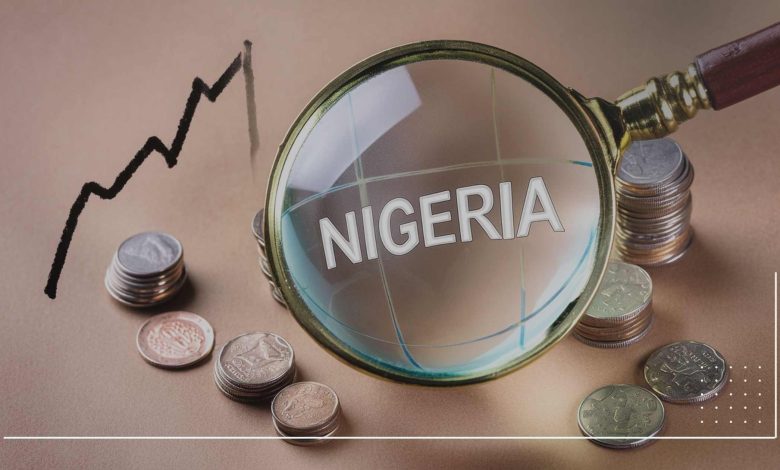Nigeria’s FDI Laws: Powering Africa’s Future
A deep dive into the legal and regulatory framework guiding foreign direct investment in Nigeria

Foreign Direct Investment (FDI) isn’t just about money crossing borders; it’s about opportunities, innovation, and the exchange of ideas that shape entire economies. For Nigeria, Africa’s largest economy and most populous nation, FDI represents a lifeline for growth. It brings in capital, creates jobs, and transfers much-needed technology to local industries.
But here’s the bigger question: what makes Nigeria attractive to foreign investors despite its challenges? The answer lies in a carefully built (and still evolving) legal and regulatory framework designed to protect investors while fueling economic development.
In this article, we’ll explore the key laws, regulations, and agencies driving FDI in Nigeria, what they mean for investors, and why they matter for the country’s future.
The Backbone of FDI in Nigeria: Key Legislation
1. Nigerian Investment Promotion Commission (NIPC) Act
This is the cornerstone of Nigeria’s FDI environment. Enacted in 1995, the NIPC Act created the Nigerian Investment Promotion Commission, which serves as the first point of contact for investors. The Act guarantees:
- Equal treatment for foreign and local investors.
- Full repatriation of profits and dividends.
Simply put, it assures foreign investors that their investments and returns are safe.
2. Companies and Allied Matters Act (CAMA) 2020
CAMA governs company registration and operations. The 2020 reform was a game-changer, making business incorporation easier with:
- Single-member companies.
- Reduced filing requirements.
This means foreign investors can set up businesses faster, with less red tape.
3. Foreign Exchange (Monitoring and Miscellaneous Provisions) Act
One of the biggest concerns for investors is whether they can move their money freely. This Act answers that by:
- Guaranteeing the free flow of foreign exchange in and out of Nigeria.
- Establishing the Autonomous Foreign Exchange Market (AFEM) for secure transactions.
4. Industrial Development (Income Tax Relief) Act
To sweeten the deal, Nigeria offers pioneer status incentives, giving companies in certain industries up to 5 years of tax holidays. This helps attract investment into critical sectors like tech, energy, and manufacturing.
5. Nigerian Export Promotion Council (NEPC) Act
This law supports companies involved in exports with:
- Tax reliefs.
- Access to development funds.
The big goal? To diversify Nigeria’s economy beyond oil.
The Key Regulators Every Investor Should Know
- Nigerian Investment Promotion Commission (NIPC): One-stop shop for all things investment.
- Corporate Affairs Commission (CAC): Oversees company incorporation and compliance.
- Central Bank of Nigeria (CBN): Regulates monetary policy, foreign exchange, and ensures smooth repatriation of funds.
- National Office for Technology Acquisition and Promotion (NOTAP): Ensures foreign tech transfers actually benefit Nigeria.
- Nigeria Export Processing Zones Authority (NEPZA): Manages export zones with tax holidays and simplified customs to attract export-driven investors.
Recent Developments Shaping FDI in Nigeria
- Ease of Doing Business Reforms: Streamlined company registration, better access to credit, and stronger investor protections have boosted Nigeria’s ranking.
- Investment and Securities Act (ISA) Amendment: Strengthens the capital market with more transparency and investor safeguards.
- African Continental Free Trade Area (AfCFTA): Nigeria’s membership gives investors access to a massive African market with fewer trade barriers.
Why Does This Matter?
Nigeria’s legal and regulatory framework for FDI is more than just rules on paper. It’s about building trust, showing global investors that their money, ideas, and innovations can thrive in Africa’s biggest economy.
And as Nigeria continues refining these laws and empowering its regulatory agencies, the country positions itself as the go-to hub for FDI in Africa.
Final Thought
In the global investment race, trust is the ultimate currency. Nigeria’s evolving FDI framework isn’t just about attracting dollars; it’s about creating a mutually beneficial partnership between investors and the Nigerian economy.
If Nigeria gets this right, it won’t just shape its own future; it could redefine Africa’s economic destiny.




